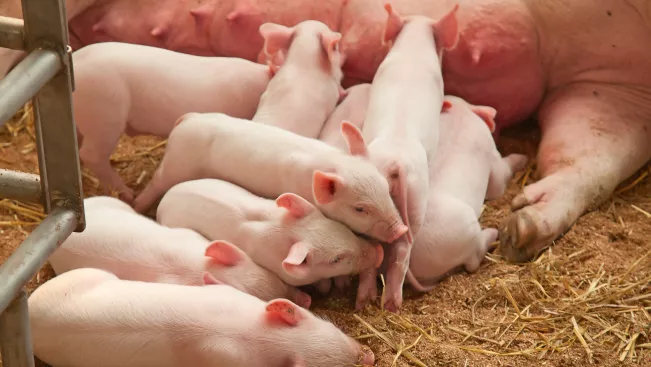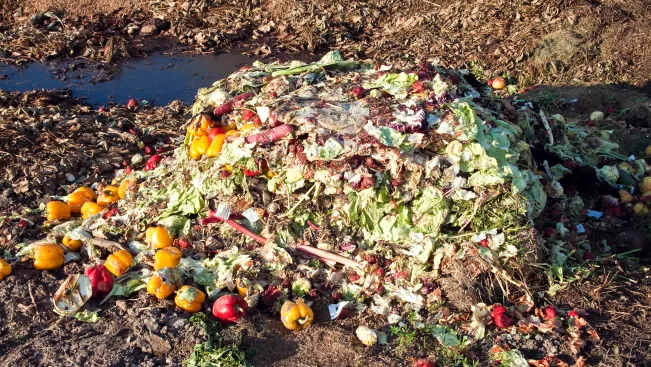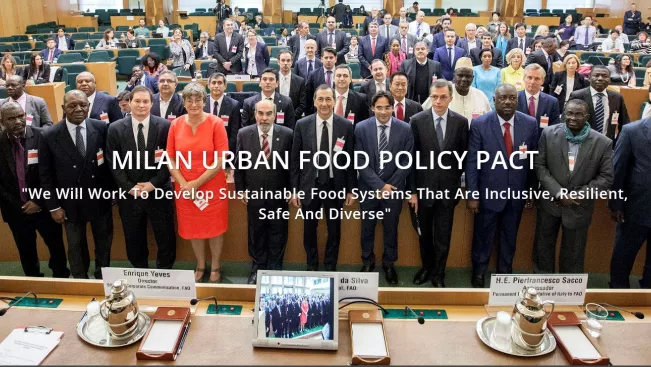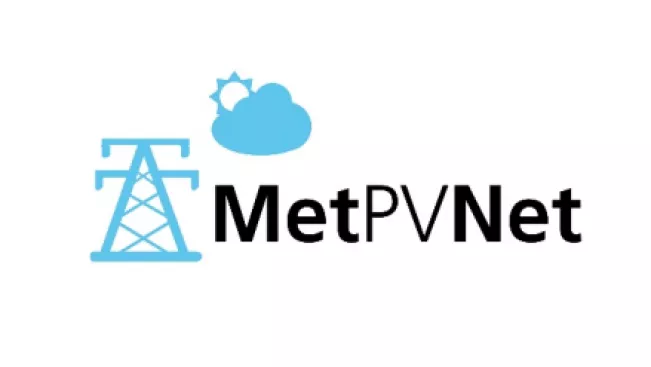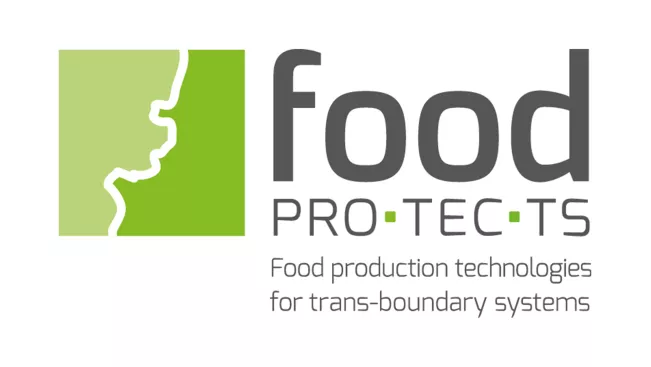Research at the university
Research Database: Projects
Forschungsprojekte (191)
In the LEITNING project, a novel battery inverter with high mass power density is being researched and field tested to provide a highly-available and modular AC grid and grid-supporting functions using advanced circuit topologies based on innovative SiC MOSFET power modules, magnetic devices and control strategies.
Project management at the H-BRS
Prof. Dr Marco JungThe "Digital Twin-4-Multiphysics Lab" (DT4MP) focuses on urban digital twins (UDTs) and multiphysics twins for industry, treating both areas equally and synergistically. By integrating real-time data and advanced simulations, DT4MP enhances urban processes, infrastructures, and industrial production efficiency. Combining AI and machine learning, the lab provides services like data analysis and virtual testing for SMEs and larger companies. Founded by leading institutes, DT4MP drives digitalization research in urban and industrial contexts.
Project management at the H-BRS
Prof. Dr Sebastian Houben Prof. Dr Dirk Reith Dr Alexander HaggBio-chemical research is increasingly dependent on accurate computer modelling and analysis. This field of research is by its very nature highly interdisciplinary, as basic physical laws must be implemented algorithmically in order to make relevant contributions in life science applications. The project and the associated initiative UMMBAS bundles the strong cross-disciplinary expertise at the H-BRS in method development, visualisation and the application of computer-based procedures for deciphering material science and biochemical issues.
Project management at the H-BRS
Prof. Dr Matthias PrellerThe energy transition that Germany is striving for - away from fossil fuels and toward more renewable energies - requires more storage capacity. The fluctuating energy flows caused by changing weather conditions must be balanced by energy storage systems. Hydrogen is a promising energy carrier for this purpose. It can help to create a seasonal balance of solar energy. Hydrogen can be produced from water by electrolysis using electricity from photovoltaics (PV). Hydrogen can then be stored in metals or pressurized gas storage tanks. If required, hydrogen is converted back into electricity by means of a fuel cell, releasing heat in the process. For the FlexHyX project, PhD student Steffen Schedler; is developing scenarios for the system integration of such hydrogen storage in the Cologne region. He is investigating how much energy from rooftop PV systems on residential buildings can be temporarily stored and how these storage systems can be integrated into future electricity and hydrogen gas grids. For this purpose, different sources from public databases are combined and the influence of building sizes (single to multi-family houses) is investigated in simulation models.
In the project "Roiporq - Suitability of a special pig cross-breeding for alternative forms of husbandry with full physical integrity of the animals for differentiation in the market" a special pig cross-breeding, which is suitable for conventional and organic fattening, will be tested for market suitability. The meat of this cross-breeding should be sensorially distinguishable for consumers and thus be recognizably differentiated from conventionally produced pork.
Project management at the H-BRS
Prof. Dr Martin HamerIn addition to the losses of fresh fruit and vegetables that occur within households, the losses that occur at the beginning of the value chain play a major role. If food is not used as such, the resources used for production (e.g. labor, land, energy, fertilizer and pesticides) and the environmental impacts of production (e.g. greenhouse gases, nitrate leaching) are not matched by corresponding benefits. Therefore, a reduction of losses is also important from an environmental point of view.
Project management at the H-BRS
Prof. Dr Martin HamerThe development of sustainable electromobility is one of the social challenges our time, which is considered in the research project eTa. The energy efficiency of vehicles is addressed in aerodynamic projects and optimized operating strategies. In particular, non-classic vehicle concepts are in focus. Alternative mobility concepts based on non-fossil fuels need new supply structures. The optimized expansion of the loading infrastructure is therefore another issue. But even the best mobility concept is useless if it is not accepted by society and implemented by politics and business. Therefore, acceptance questions are a central element of eTa, which will be further developed. The following areas are addressed primarily by the need to reduce energy consumption: Efficiency of the vehicles Alternative mobility concepts Efficiency of mobility concepts Technical acceptance In particular, these are questions which arise only from the combined consideration of these subject areas and are usually not fully answered in classical manner. Examples of this are optimization of hybrid controls for muscle-electric hybrid light vehicles and study of the aerodynamics of ultralight vehicles where results of the classic wind tunnel tests often do not correspond to the results of the practice. Other topics that we are dealing with are predictive operational strategies for electric combustion hybrid vehicles and loss optimization, optimization of multi-stage placement of charging stations, acceptance of alternative mobility concepts.
Project management at the H-BRS
Prof. Dr Alexander AsterothBy signing the Milan Urban Food Policy Pact (MUFPP), the local government of the city of Cologne recognizes that a more actively oriented food policy is necessary. Such a rethinking of the current global food system seems timely and innovative. On a global level, similar examples can be seen, which already show first progress. Worldwide, 133 cities have signed the Milan Urban Food Policy Pact; following the signing, food councils or similar multi-stakeholder platforms have been established in some of these cities.
Project management at the H-BRS
Prof. Dr Wiltrud TerlauResearch project for the (further) development of innovative energy meteorological methods for satellite-based forecasts of irradiation and PV power at plant level.
Project management at the H-BRS
Prof. Dr Stefanie MeilingerFood Pro.tec.ts was developed to be able to bring high-class, technological innovations to the German-Dutch economic area. In the project, companies from both countries cooperate with innovation experts within different technology clusters with the aim of jointly developing new and novel technologies and learning how to use them. The sub-project "Food Pro.tec.ts Biomass" analyses in one of 8 work packages the material and energetic use of biomass by means of Hydrothermal Carbonization (HTC) and new fertiliser technologies.
Project management at the H-BRS
Prof. Dr Martin HamerContact Points
Centre for Science and Technology Transfer (ZWT)
Room
F 405
Vice President Research and Young Academics
Campus
Sankt Augustin


